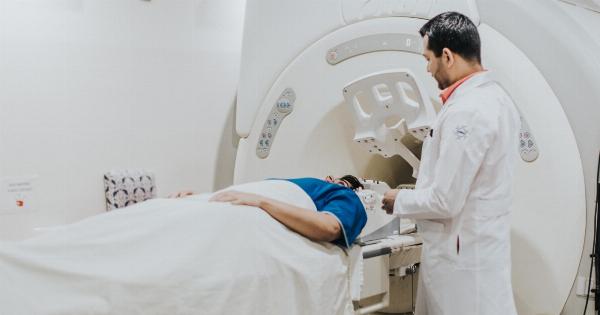Developmental disorders refer to a wide range of conditions that affect a child’s ability to communicate, socialize, and behave appropriately.
These disorders emerge during early childhood and last through adulthood, causing significant impairment to a person’s daily life. Some studies suggest that the month of conception may play a role in the development of certain developmental disorders.
What are Developmental Disorders?
Developmental disorders refer to a group of conditions that affect a child’s growth, development, and behavior.
These disorders emerge during early childhood and are characterized by delays or abnormalities in language, motor function, socialization, and cognitive skills. Examples of developmental disorders include autism spectrum disorder, attention-deficit/hyperactivity disorder (ADHD), intellectual disability, and learning disorders such as dyslexia.
These disorders can cause significant impairment in a child’s daily life, affecting their ability to learn, communicate, socialize, and behave in an appropriate way.
The Role of Conception Month in Developmental Disorders
Several studies have investigated the possible link between the month of conception and the risk of developing developmental disorders. These studies suggest that certain months may be associated with a higher risk of certain disorders.
Autism Spectrum Disorder
Autism spectrum disorder (ASD) is a developmental disorder that affects a child’s ability to communicate, socialize, and behave appropriately.
Several studies suggest that children born in the spring and summer months are more likely to develop ASD than those born in the fall and winter months. One study found that children conceived in February and March were more likely to develop ASD than those conceived in other months. Another study found that children born in June and July had a higher risk of developing ASD than those born in November.
Attention-Deficit/Hyperactivity Disorder (ADHD)
Attention-deficit/hyperactivity disorder (ADHD) is a developmental disorder that affects a child’s ability to focus, pay attention, and control behavior.
One study found that children born in November and December had a higher risk of developing ADHD than those born in other months. Another study found that children conceived in December and January had a higher risk of developing ADHD than those conceived in other months.
Intellectual Disability
Intellectual disability is a developmental disorder characterized by significantly below-average intellectual function and adaptive behavior.
One study found that children born in January had a higher risk of developing intellectual disability than those born in other months.
Dyslexia
Dyslexia is a learning disorder that affects a child’s ability to read, write, and spell. One study found that children born in January and February had a higher risk of developing dyslexia than those born in other months.
Another study found that children conceived in March had a higher risk of developing dyslexia than those conceived in other months.
Possible Explanations for the Link between Conception Month and Developmental Disorders
There are several theories that attempt to explain why certain months of conception may be associated with a higher risk of certain developmental disorders.
One theory is that seasonal changes in temperature, humidity, and sunlight exposure during pregnancy may affect fetal development, leading to an increased risk of certain disorders. Another theory is that certain viruses or infections that are more prevalent during certain months may increase the risk of developmental disorders.
Conclusion
While there is some evidence to suggest that the month of conception may play a role in the development of certain developmental disorders, more research is needed to confirm these findings and understand the underlying mechanisms.
It is important for parents and healthcare providers to be aware of the possible link between conception month and developmental disorders and to monitor children for signs of these disorders, regardless of when they were conceived.




























